|
Aided by moments of levity which which help assure the film doesn't divulge into overwrought drama, Carlos Reygadas' Our Time is a longitudinal study of a relationship, one which is both mature and astute in its examination of the social constructions we place on the feelings of love, how the rhetoric itself is possessive, not rooted in the natural framing of this concept, if one exists. Through its detailed characterizations of its two leads, the film deconstructs how love is defined by its need for independence, how it's a force that cannot be subservient, rooted in the freedom of choice, intrinsically opposed to control or authority. Featuring polyamorous relationship, one in which the husband's envy and need for control create the fracture, Our Time could lazily be read as a critique of lifestyle but they would be mistaken, as this is just used as a narrative device to cut through the cultural minutiae and reach the core philosophical intentions, ones about the conflation between selfishness and self preservation/personal health. Exhibiting how this impulse to treat altruism and egoism as diametrically opposed forces is crude, Our Time shows how the ego cannot be viewed as an opposition to love, but its conduit, with control and hubris being the antithetical of love, as love requires a desire for mutual affection, something which egoism provides due to transference.
0 Comments
An astute ontological examination of loneliness in which the poignancy of human connection is purveyed through the primal nature of physical touch. Hamaguchi's Touching the Skin of Eeriness is a challenging work, one that refuses to conform to a strict definition realism, employing unearthly sensibilities into its piercing study of detachment and loneliness, one that feels like an outright rejection of the crude dichotomy we place between the individual and the larger collective, exhibiting how intimacy and empathy are intrinsically linked to the human condition through the emotive nature of physical touch.
A patient and observant feature in which the formalism employed methodically allows its primary characterization to unravel, presenting the world of a petty drug lord's girlfriend in meticulous detail. Isabella Eklof's Holiday shows remarkable restraint, a temperament which only pays off in the films climatic final scenes. Employing a lavish aesthetic which evokes the decadence and excess of this lifestyle through use of composition, Holiday counteracts this pristine, luxurious setting with choice of cinematography completely devoid of any close-ups only using wide lenses which exude an experience devoid of intimacy. This visual technique breeds a sense of detachment between the viewer and the main protagonist, one which makes her no less sympathetic but one that makes her internal mechanisms more alluring in their sheltered mystery, as the film explores the life of a woman whose dependency has outgrown her own intrinsic desire for agency. The less you know the better with Isabella Eklof's Holiday, yet what she delivers is a relatively unique thriller which places characterization first and foremost, expertly employing an aesthetic that works to evoke thematic intent throughout the narrative which leads to its memorable denouement in which formalism, characterization, and aesthetic all come together in one cohesive story.
Clinical in approach, with a pedantic, rapid-fire style which evokes a dizzying experience, Straub & Huillet's Othon is Incredibly dense, being undeniably astute but also abrasive. Piercing in its examination of how rhetoric and communication in effect transform and shape culture, often implicitly, exhibiting how love and politics are diametrically opposed, with love lacking the persuasive nature of language under any polity. Contrasting ancient Rome with the present - in this case 1969 Rome - the film's clear message is how things haven't changed, with power itself being perhaps the root of mankinds inability to elicit profound transformation. The dialogue moves at such a brisk pace that it can be hard to follow, more likely than not an intentional decision, but the film becomes grating and more abrsive than many of Straub & Huillet's other work, making it a hard film to love despite its more than obvious philosophical merits
Incredibly ambitious, incisive and persuasive at times but full of over-simplifications as well, which in a sense, implicitly reinforces one of the film's central themes: the important political act one can have is simply trying to untangle this intricate web of actions and reactions which have led to the current epoch without the oversimplification which is somewhat intrinsic to human nature due to emotion. Exhibits how history itself is defined somewhat simply by power, opportunity, and ambition to wield it, with the structures whether driven by networks, hierarchy or something in between shifting throughout history and manifesting themselves in new forms which effectively and accurately disputes the crude left-right dichotomy of the political spectrum. It's astute in its recognition of truth itself being fundamentally tough to grasp due to human subjectivity. From a technical perspective, I deeply respect Curtis' unwillingness to even engage the proposition of a documentary being objective, delivering a quite entrancing mosaic. Honestly, reminded of a fantastic book 'The Square and the Tower' and of course James C. Scott's 'Seeing Like A State' which I think contains an intricate link to what this film is somewhat simplifying or glossing over due to its subjective intent. Lots of good strong stuff in here about the perpetual nature of imperialism and interventionism, and the pernicious nature of fear, an interesting but flawed work.
The evolution of Bruno Dumont as a filmmaker is well documented and one of the most intriguing evolutions to take place in contemporary cinema. Going from pensive, piercing dramas to absurdest slapstick comedies seems like an odd transition, but Bruno Dumont laughs in the face of such genre generalizations, with his latest film being a great example of how absurdest sensibilities can provide deeply resonant readings about the world itself. Coincoin is methodical in its absurdist sensibilities, featuring a slapstick facade which evolves into a poignant farce about the state of the world. This is a sly political work in which its creative and intricate humor slowly transforms into a potent form of acceptance about the state of the world, one which signals the end of the world itself may not be that bad after all, given man kind's inability to get over their xenophobia, racism, and general fear of the other. It as if Dumont is saying, well maybe the end of the world itself is what is needed to bring us all together.
Harrowing, rather cynical, yet astute in it's observations about social formations. Virgil Vernier's Sophia Antipolis is a piercing study of detachment's tendency to breed tribalism reflected against the stoic, methodical nature of larger society in which an individual life is insignificant in scope. Featuring an elliptical formalism in which all the characters are connected in what I'd call an implicit narrative design, the film showcases the dehumanization of modern life, one which breeds strife, as individuals seek out their version of truth. This response being a defensive posture, the film reveals how it can be destructive yet often intrinsically necessary to the human condition as one grasps in desperation to make sense of this unjust world.
Ecological in scope; Blends documentary with a loose re-imagining of the Faust legend to deliver an oddly transfixing exploration of man's relation with nature, specifically the detachment we've created with the natural world. Ethnographic in its examination of a specific place but universal in its reach and ecological designs, features an aesthetic that is singular and utterly transformative in its ability to reinforce its thematic intent which takes on an otherworldly quality with conviction.
Anarchic in structure and rebellious in spirit, Mod Fuck Explosion lives up to its idiosyncratic name. Abrasively creative, transgressive, and patently absurd, the film's willingness to embrace camp provides an astute juxtaposition to the film's youthful nihilism and rejection of the status quo. Personifies the frustration of youth, caught between naivety and idealism, confronted with the absurd nature of our world.
A mature, incisive work on the nature of maternity and the dichotomy which exists between the social construct of motherhood and those of the natural world. Emotionally complex, Daughter of Mine is astute in its depiction of the the duality of freedom and safety viewed through the lens of two mothers and one child, exhibiting in the end that love itself is intrinsically related to a reluctance of control or authority.
|
AuthorLove of all things cinema brought me here. Archives
June 2023
|
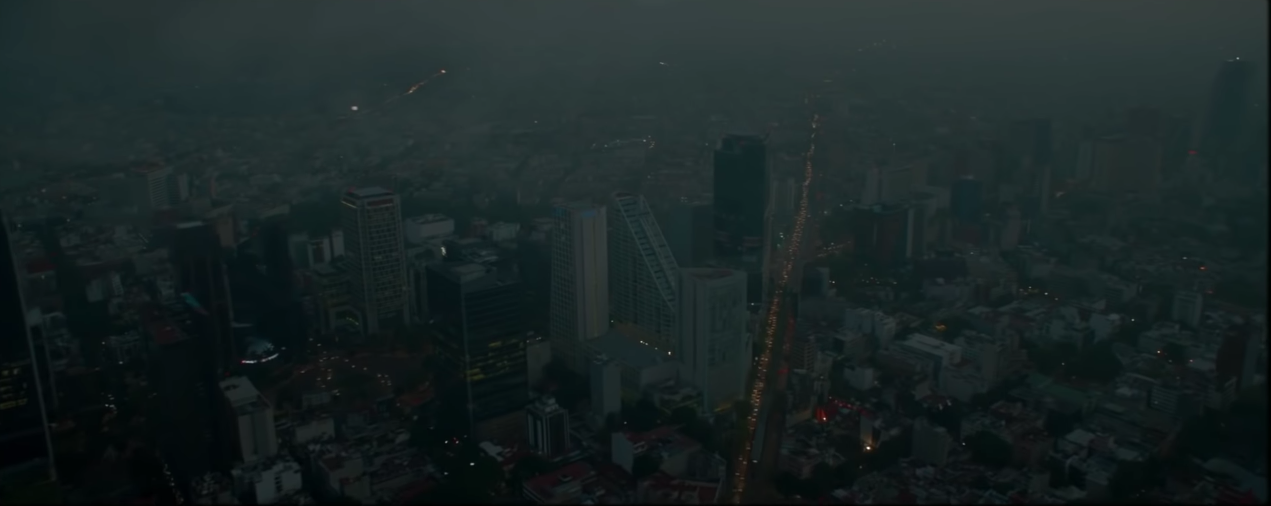
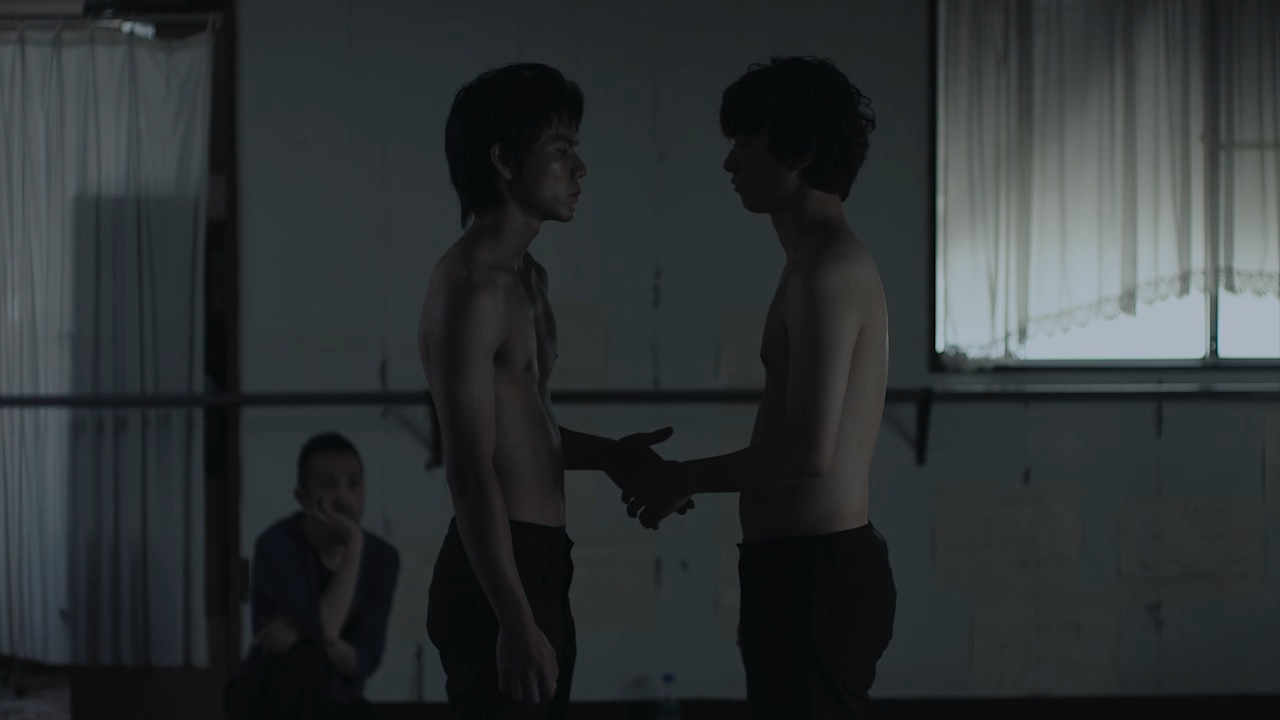
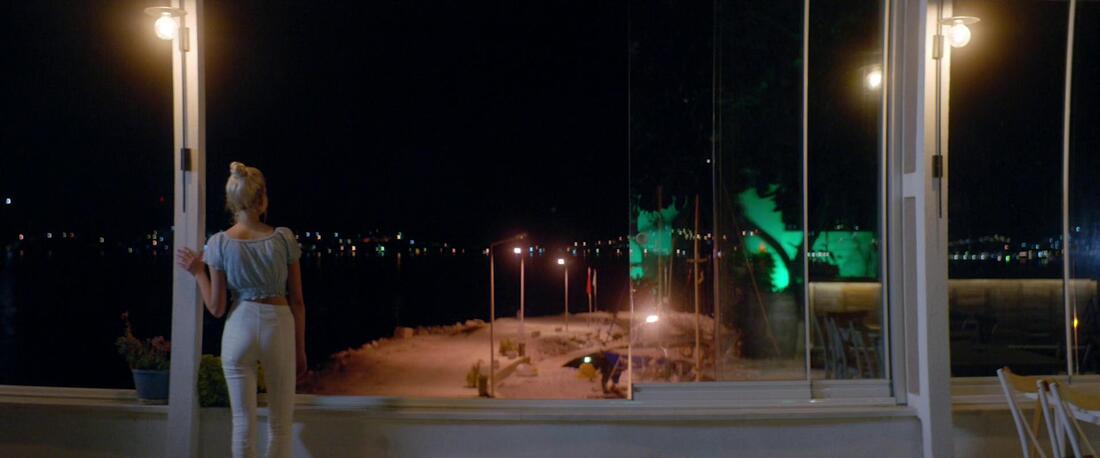


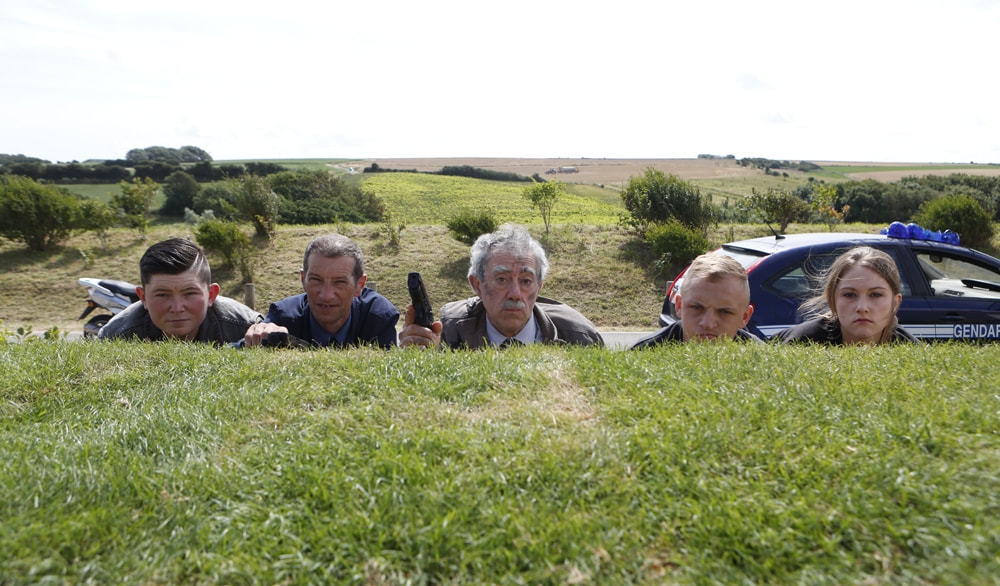
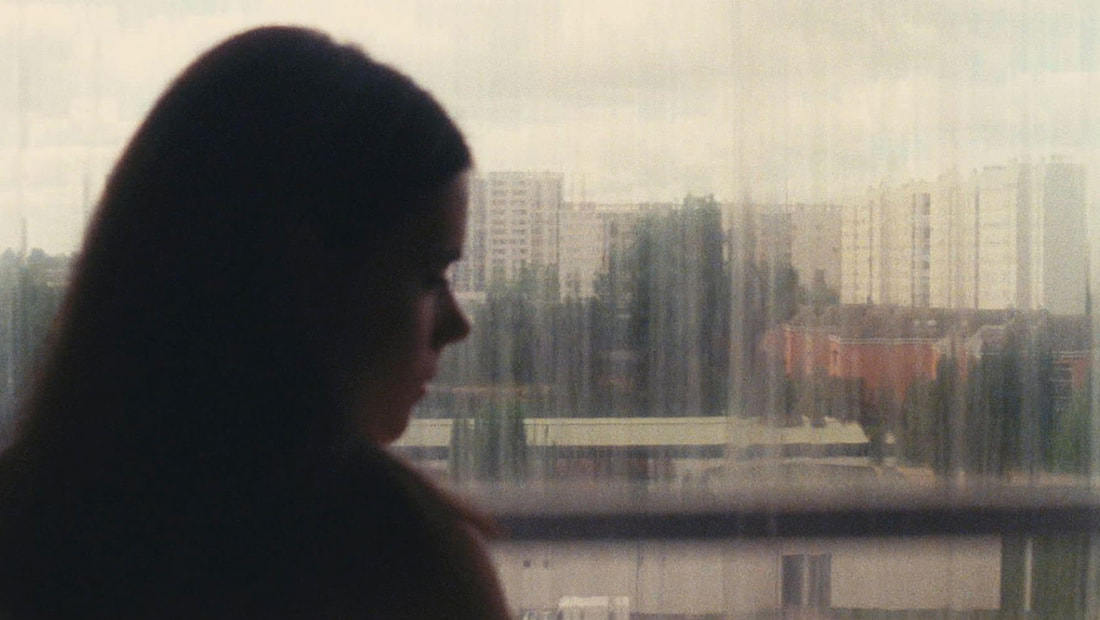
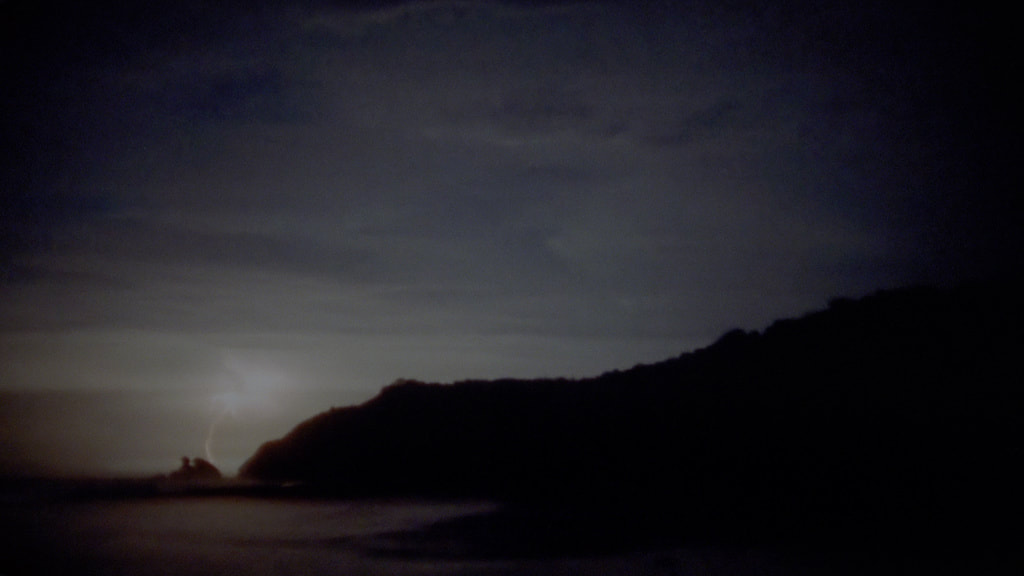


 RSS Feed
RSS Feed
